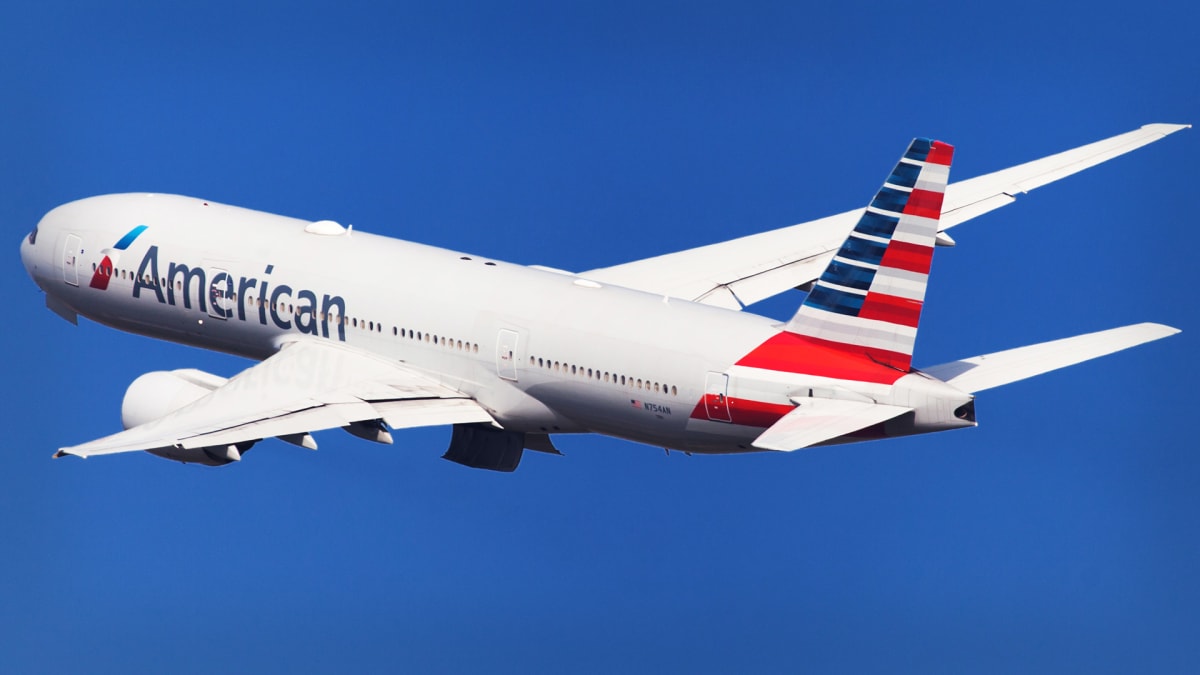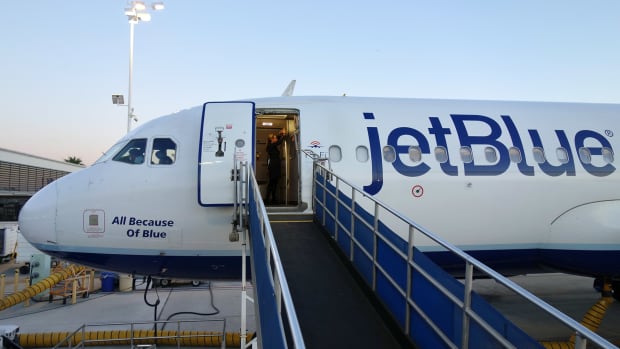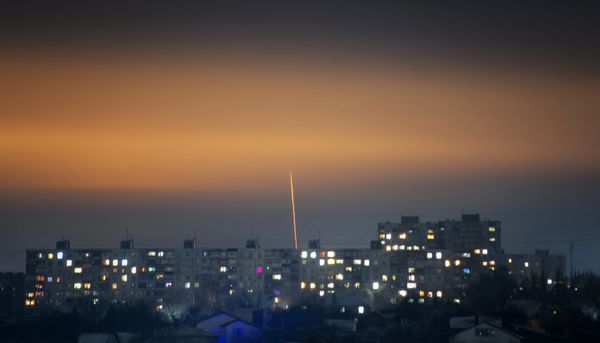
This summer, Americans hoping to fly somewhere have largely gotten nothing but bad news. Multiple airlines are struggling to hire enough pilots, which has led to slimmed-down schedules.
In addition, the Federal Aviation Administration has not been able to hire enough air traffic controllers, which led to the government agency allowing airlines to make large cuts in their schedules flying out of New York and Washington. That's something most major airlines, including American Airlines, Delta Air Lines (DAL), JetBlue, and United Airlines (UAL), have taken the FAA up on.
DON'T MISS: Royal Caribbean Loses a Key Figure in Keeping Passengers Safe
In some cases, that's a needed reprieve because Boeing (BA) has fallen behind in delivering airplanes. In some cases, it's a challenge to know whether it's a pilot shortage or a lack of planes, but no matter what the reason, airlines have cut a lot of flights this summer.
Fewer flights mean fewer seats to fill and that drives prices higher. It's a bunch of reasons coming together all at once to make it more expensive (and likely less convenient) for you to get where you want to go this summer.
Now, a court order has delivered passengers some good news.
Forget Investing In Airlines – We’re all-in on this travel stock

Image source: Shutterstock
Federal Judge Ends JetBlue, American Alliance
The Department of Justice (DOJ) has gained a major victory in its battle with JetBlue (JBLU) and American Airlines (AAL) over the working arrangement between the two companies. Called the Northeast Alliance (NEA), the arrangement was created in 2020 to "overcome the insurmountable obstacles historically faced by each airline in challenging Delta’s and United’s dominance in the region," according to the NEA website.
That has been working, according to the two companies:
In the time since, the Northeast Alliance (NEA) has created a third, full-scale competitor to United and Delta in New York in the form of a virtual network that through codesharing, slot swaps, new international and domestic routes, better schedules, and expanded frequent flier program benefits closes longstanding competitive gaps. In Boston, the alliance likewise is empowering more growth by both carriers, as American expands its global product offering and JetBlue extends it low fares and high-quality product to new markets, and, as a result, provides a more effective competitor to Delta’s efforts to become dominant there.
The DOJ disagreed and pursued an anti-trust case against the NEA, alleging that the deal allowed the two companies to artificially raise prices. Basically, the federal agency charged that by sharing data the two companies removed competition in New York and Boston, rather than creating a new competitor to the established incumbents.
A federal judge agreed with the DOJ and has ruled the at NEA must disband in the next 30 days.
"The NEA [Northeast Alliance], operating as it was designed and intended by American and JetBlue, substantially diminishes competition in the domestic market for air travel. It does so by combining the Boston and New York operations of two airlines that are among the most significant competitors in that region," reads the May 19 decision from Judge Leo T. Sorokin.
Both JetBlue and American expressed their dismay at the decision, and American's response made it clear that an appeal was likely.
”We believe the decision is wrong and are considering next steps. The Court's legal analysis is plainly incorrect and unprecedented for a joint venture like the Northeast Alliance. There was no evidence in the record of any consumer harm from the partnership, and there is no legal basis for inferring harm simply from the fact of collaboration. The Northeast Alliance has been a huge win for customers and anything but anticompetitive,” the company shared.
ALSO READ:







